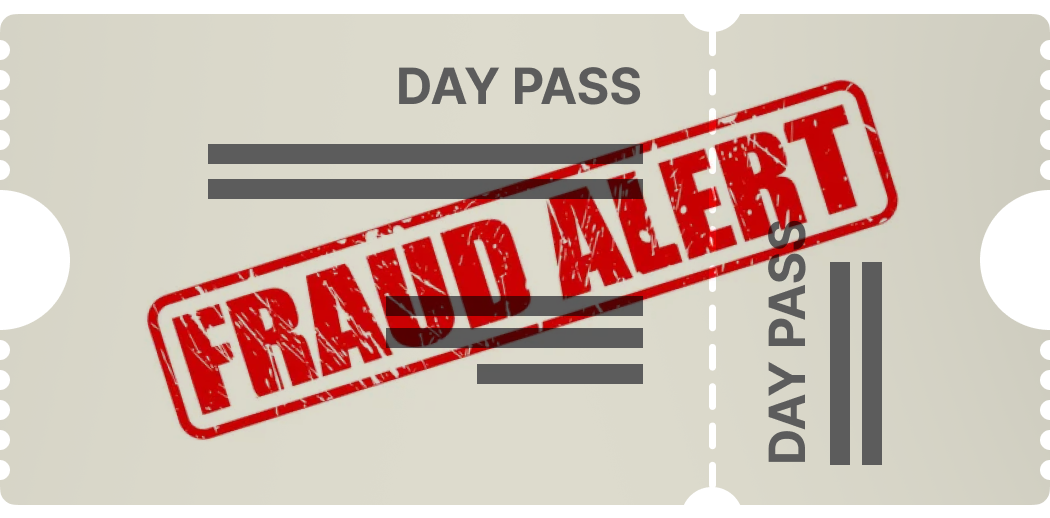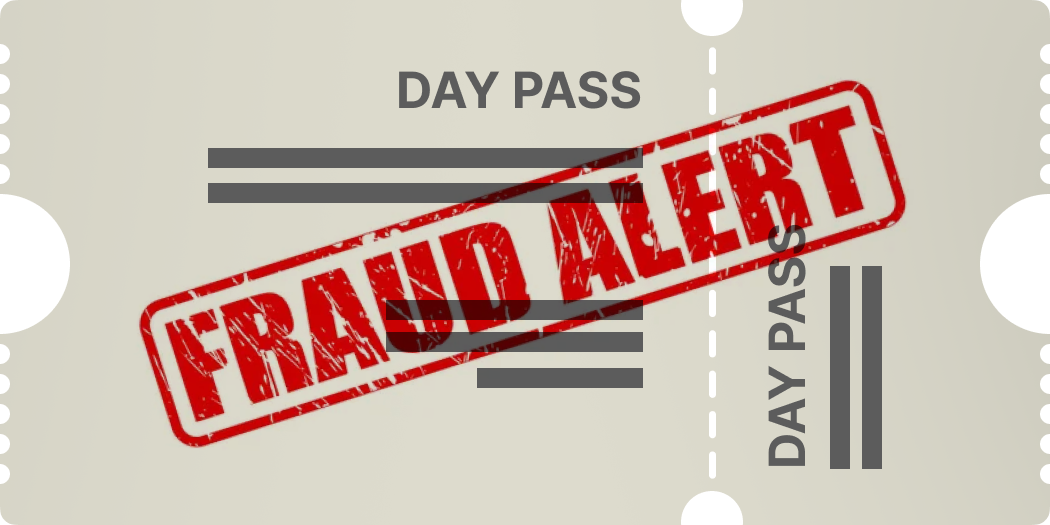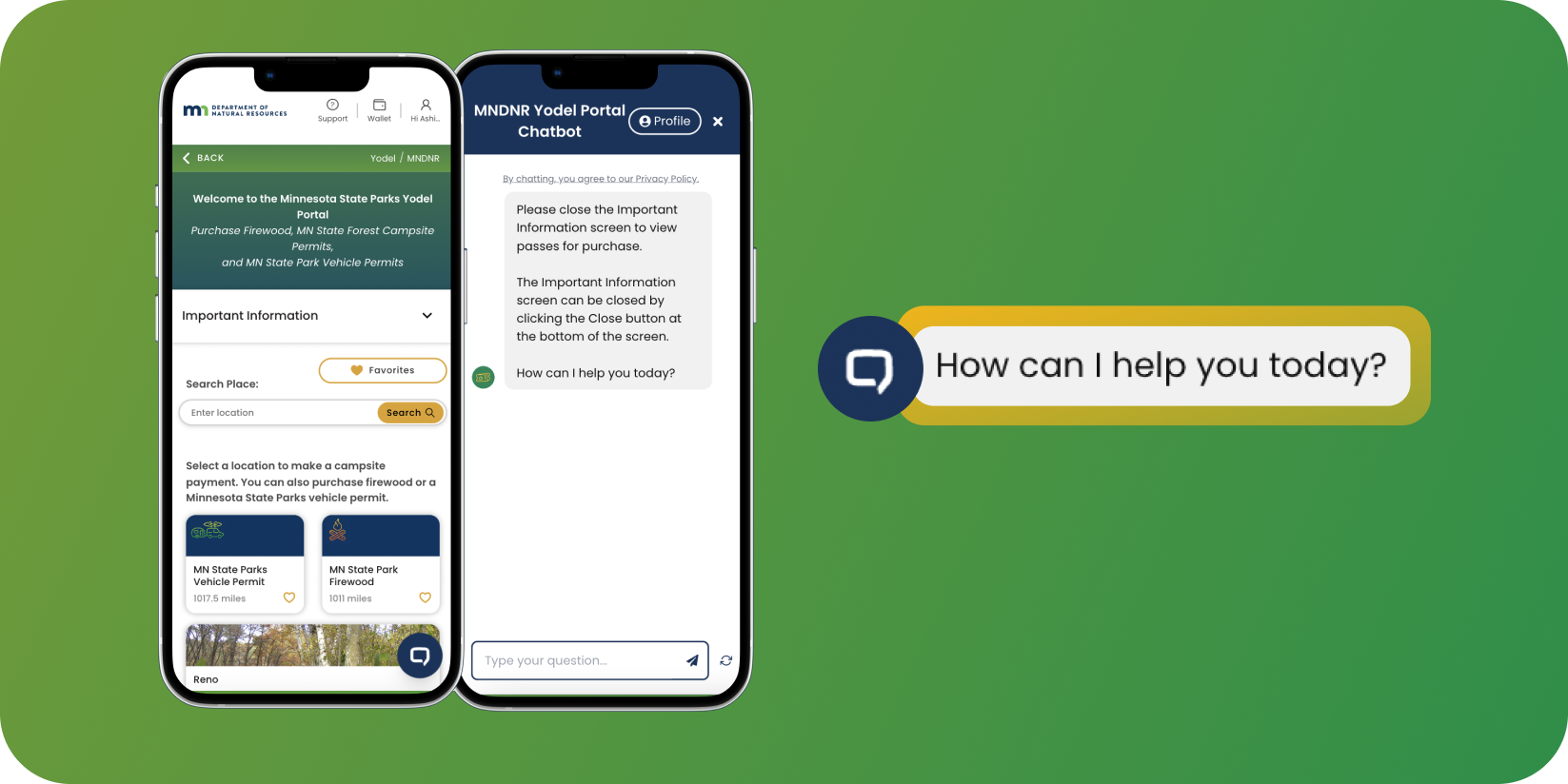Yodel Pass Prevents Revenue Loss From Patrons Sharing Passes

Many venues and public attractions generate a large part of their revenue from parking and admission fees. Although sharing passes is not necessary against the rules, the practice often leads to revenue loss for these businesses. So how do businesses prevent this from happening?
The Practice of Sharing Passes
The most common way people share passes is by passing around a physical pass. For example, individuals can purchase one seasonal parking pass to a state park or beach. Instead of buying their passes, the family members and friends borrow the passes from the original pass owner throughout the whole season.
For the state park and beach, this is a massive loss in revenue because they are not receiving the total amount for each person that enters the park or beach. All that revenue is supposed to help maintain the facility and support the park staff. When people share passes, the state parks and beaches do not have enough money to function properly, which could lead to the facility's deterioration over time. And to cover the maintenance cost, the state government has to pull taxpayers' money to fund the operations. In the end, sharing passes is an act of stealing from taxpayers.
Failed Attempts to Stop Pass Sharing
In the past, different government facilities and businesses have tried to throttle the problem by implementing photo identification on passes. The thinking behind this was that it would be harder for people to share passes if each had a photo of the pass owner.
However, this method failed because people took pictures of their IDs and placed them on the passes. Also, asking customers to supply a photo and then waiting in line to get the pass was too much of a hassle, so people stopped going to those attractions. The cost and human resources put into producing these passes IDs also negated any revenue benefits.
Yodel's Solution to Pass Sharing
With Yodel Pass, businesses can tie each digital membership card to one license plate number. This way, patrons can't share their passes with their friends and family unless they also borrow their vehicles. For many people, this is enough deterrence to stop sharing passes.
The Yodel Pass digital membership card system can help enforce parking fines for people who refuse to purchase a parking pass after being notified of their parking violation. The camera system can scan the vehicle's license plate and color, and pass the information to the third-party park management company. If the owner cannot be found, the management company can send a parking ticket to the registered vehicle owner or perhaps begin a towing procedure. This method may minimize park rangers' workload and allow them to concentrate on more essential activities.
Bottom Line
Yodel Pass is an effective solution for businesses to prevent revenue loss from patrons sharing passes. Tying each digital membership card to one license plate number deters people from sharing their passes with others. In addition, the camera system can help enforce parking fines and reduce the workload of park rangers. Overall, Yodel Pass minimizes revenue leakage while reducing staff workload in parking reinforcement.


